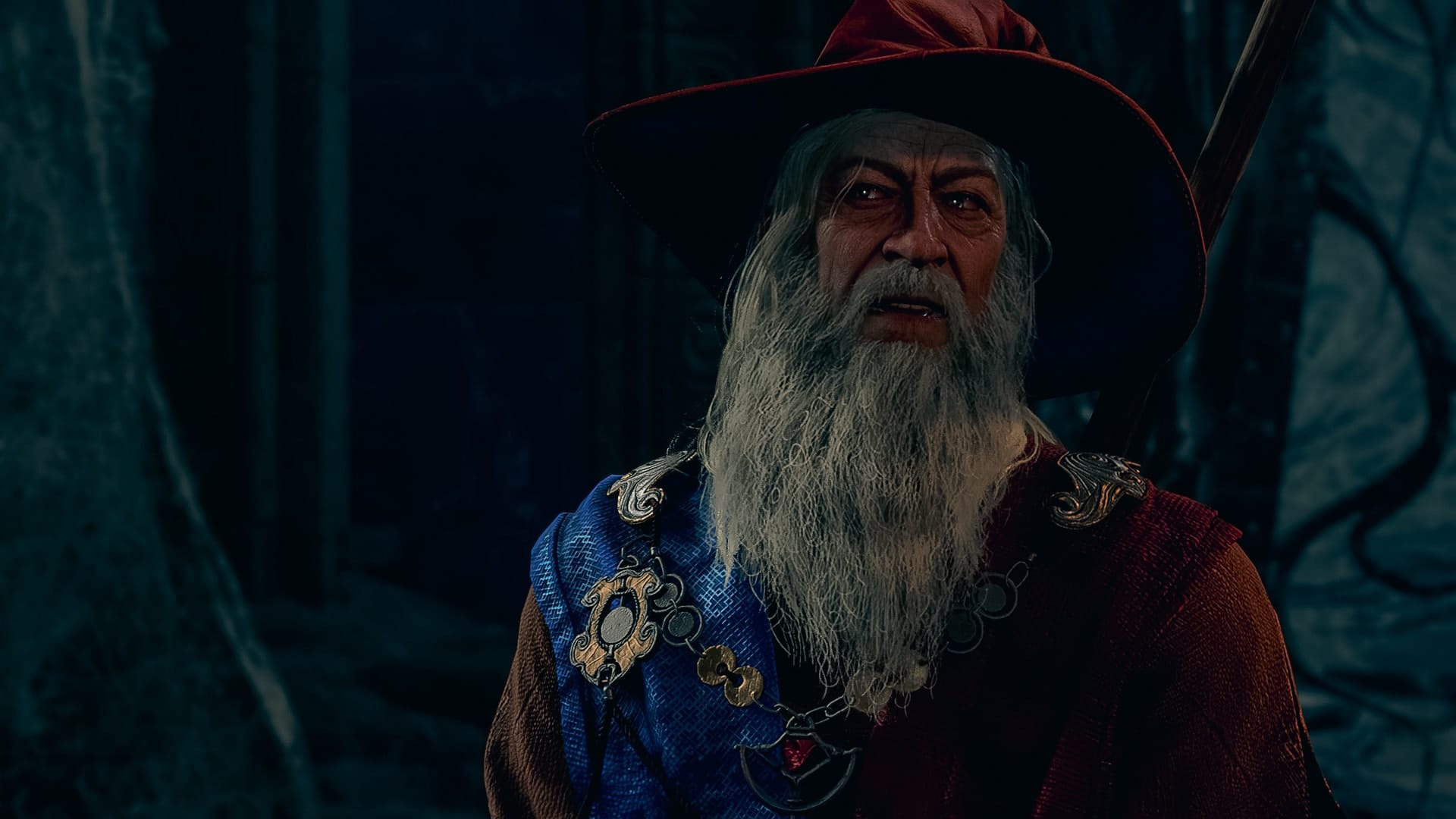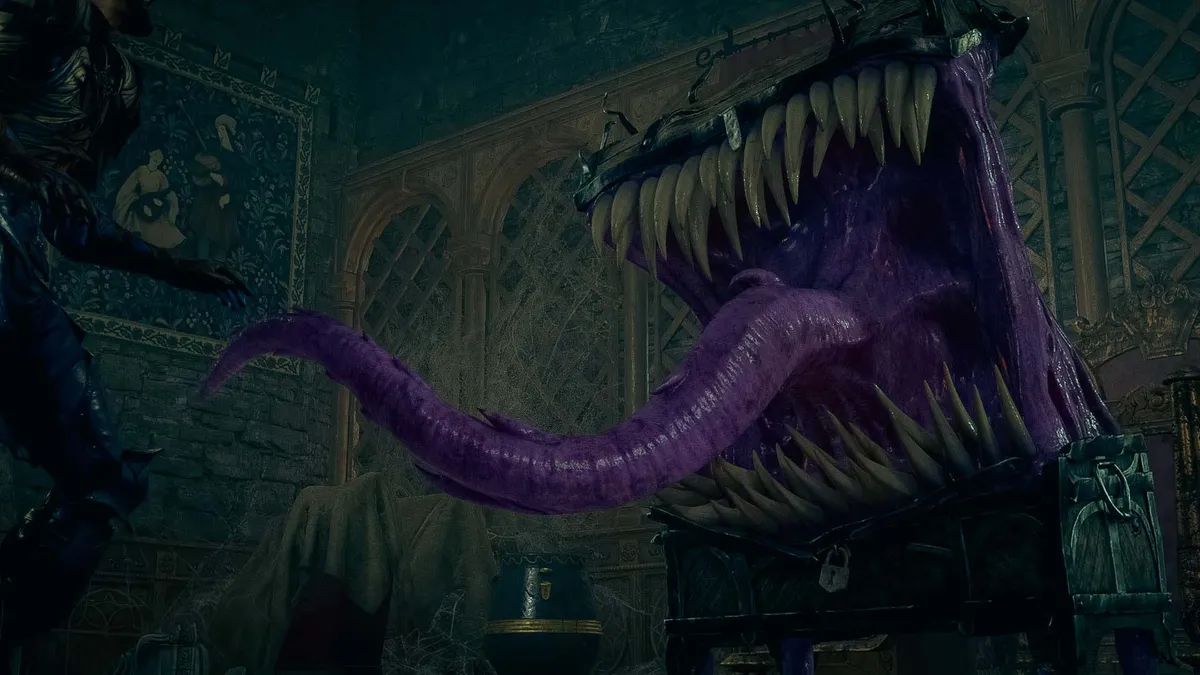The original Baldur’s Gate was my gateway into the fantastical world of Dungeons & Dragons back in 1999. But it wasn't until its sequel, Shadows of Amn, that I was truly hooked. As a teen, I spent countless hours exploring every inch of the game, delving into every possible outcome and choice. My passion for character design and modding led me to even create new playable races like Tieflings and Gethyanki. This game wasn't just a pastime; it was a catalyst that sparked my journey into creative storytelling and a lifelong love for tabletop RPGs.
So it's not an understatement when I say my excitement knew no bounds when Baldur’s Gate 3 was announced with an early access release in 2020.
A True D&D Experience
Baldur’s Gate III, developed by Larian Studios (known for Divinity: Original Sin 1 and 2), encapsulates the essence of Dungeons & Dragons within the mystical lands of Faerûn, a common setting in most D&D games nowadays. It refines the RPG experience, offering a freedom that allows you to approach the game in any manner you wish. Whether it's stealth and dialogue or bold confrontations, the choice is yours.
The game continually surprises me. I've seen other players approach situations in ways I'd never imagined, from creative problem-solving to unique dialogue paths. These moments highlight the game's depth and the impact of player choice.

The narrative is rich and engaging. Conversations with NPCs and party members are some of the most enjoyable aspects, with certain encounters, like a villain serenading his own battle, leaving a lasting impression. Morality is nuanced; there's no distinct line between good and evil. Your decisions carry weight, leaving you to ponder if you truly made the right choice. This moral ambiguity adds a layer of depth and realism to the game.
Exploration and Discovery
The spirit of D&D shines not only in combat but also in exploration. Dice rolls determine the discovery of traps, ambushes, or treasures, reminiscent of a DM guiding you through a tabletop session. The game doesn't handhold, encouraging you to explore freely and make your path. Puzzles and challenges abound, requiring creativity and resourcefulness. Each of the three expansive acts offers unique settings and narratives, taking you from the threat of transformation into a mind flayer to a massive city set as the stage for war.
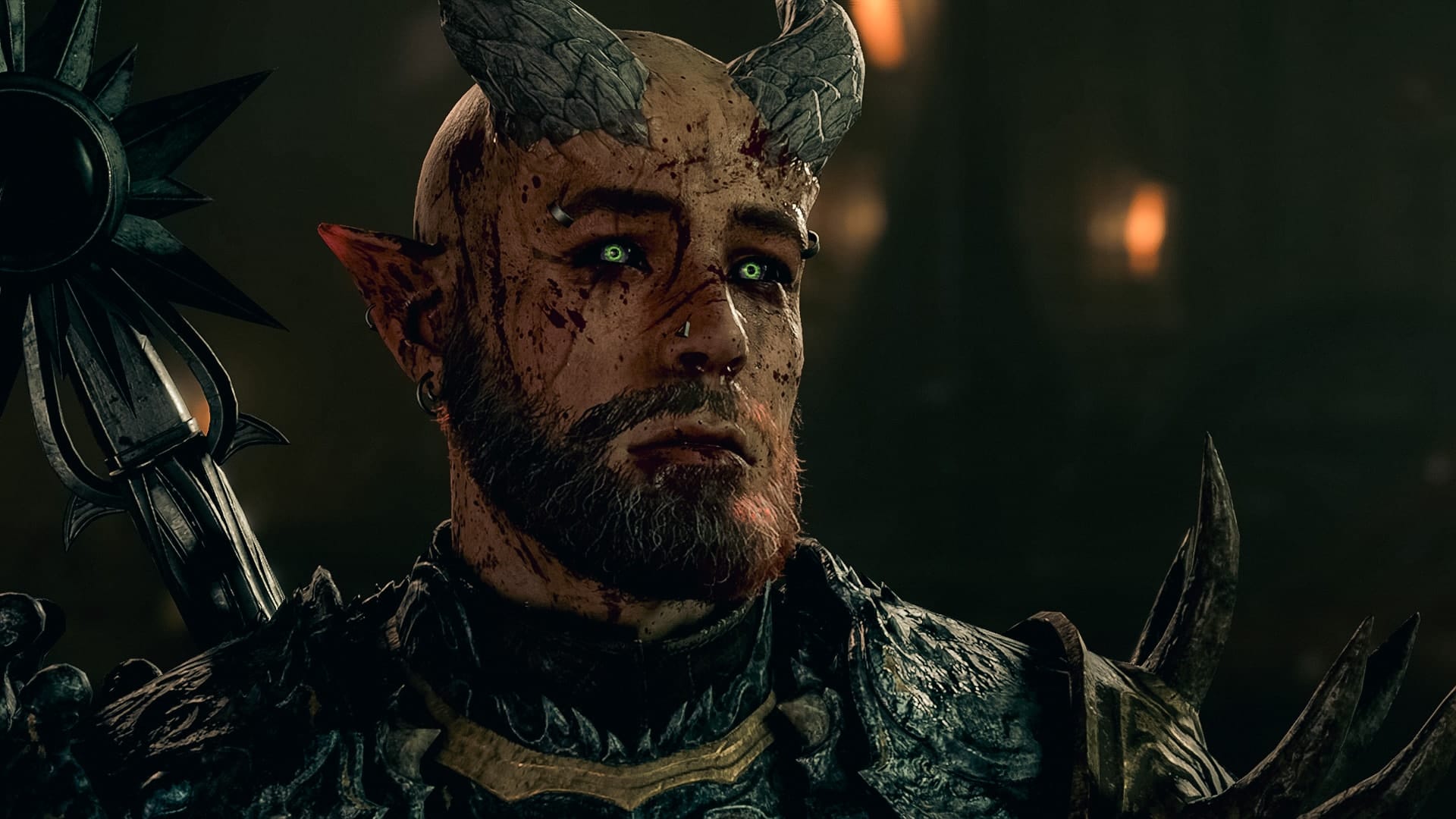
Combat and Strategy
While many laud BG3's combat system, I found it somewhat lackluster, perhaps due to my personal preferences in tabletop D&D. The game incorporates traditional D&D mechanics like dice rolls and proficiency bonuses, offering a range of actions, reactions, and strategies. The terrain and environment play crucial roles in combat, encouraging inventive tactics. Despite a level cap of 12, the game offers extensive character development through magical items and legendary equipment.
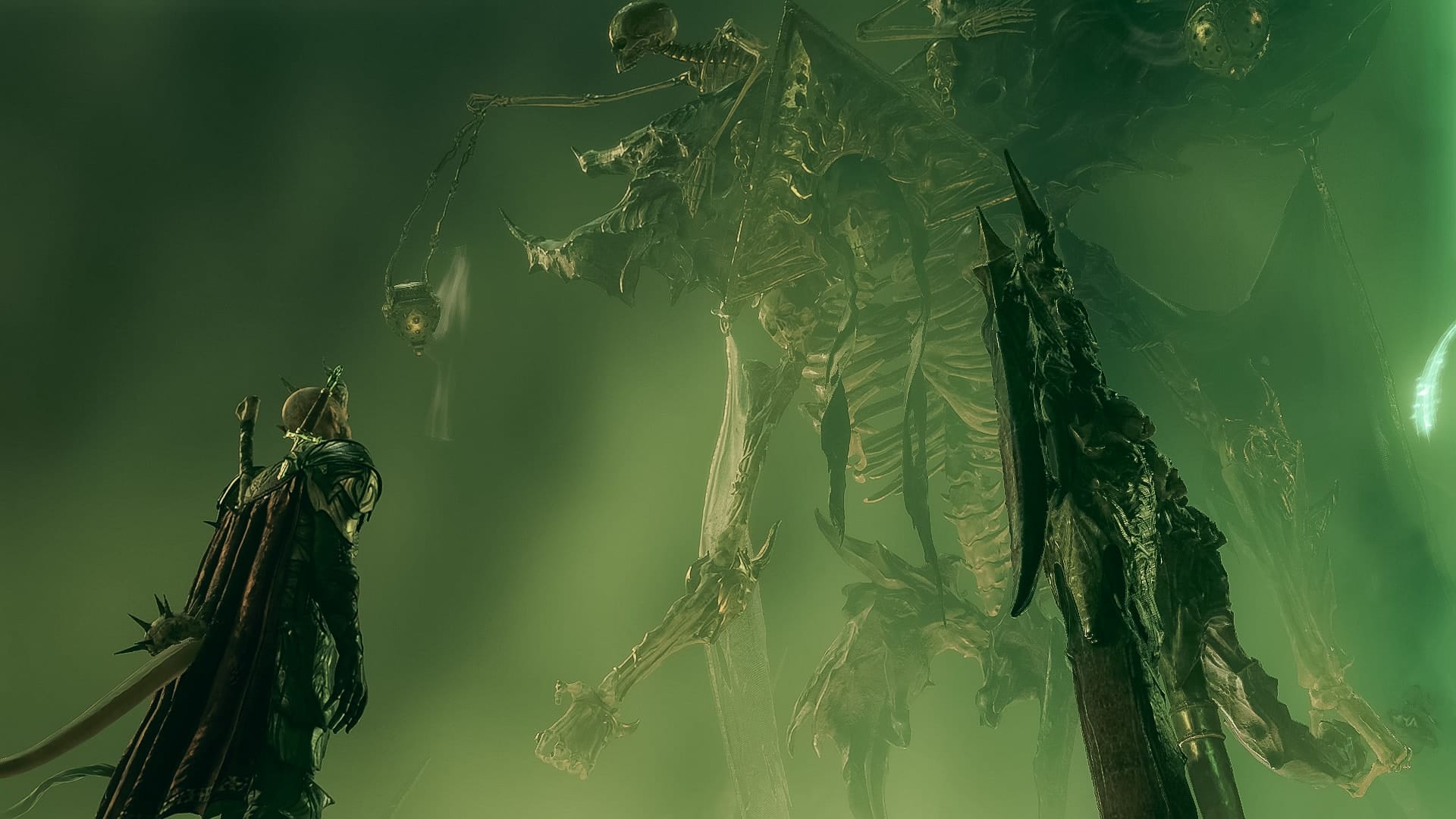
The Larian Formula
Baldur’s Gate III is undoubtedly the best D&D adaptation I've encountered, yet it's unmistakably a Larian game. This is both its strength and its weakness. The Larian formula, while innovative in how it integrates environment interaction and story progression, has become somewhat predictable. Each game follows a similar narrative structure, which, after experiencing Divinity and previous Baldur’s Gate titles, can feel too familiar.
Despite its vastness, the game, like any other, has its limitations. While tabletop D&D allows for boundless imagination, a video game adaptation can't always offer the same level of freedom. This becomes particularly evident when facing situations with seemingly binary outcomes, highlighting the inherent constraints of video game design.
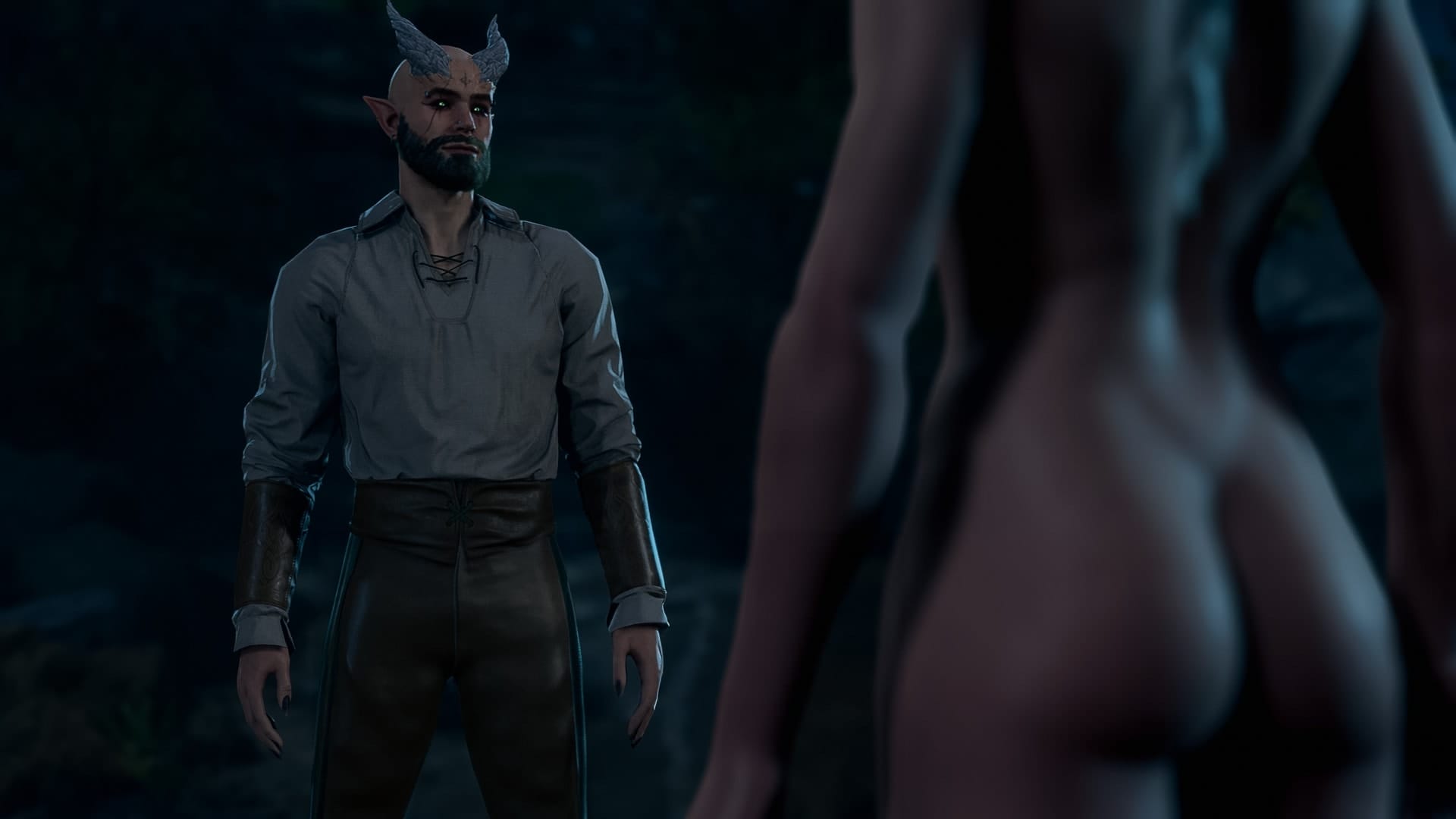
Final Thoughts
Baldur’s Gate III is an exceptional RPG, possibly one of the best I've ever played. It's a worthy successor to the games that shaped my early love for storytelling and gaming. However, having experienced Larian's repertoire and this latest adventure, I find myself craving something new. The formula, while successful, needs a fresh take to reinvigorate the sense of wonder and exploration that initially drew me in. As I continue to discover new facets of the game and delve into the community's mods, I remain hopeful for the future of RPGs and the stories they have yet to tell.
